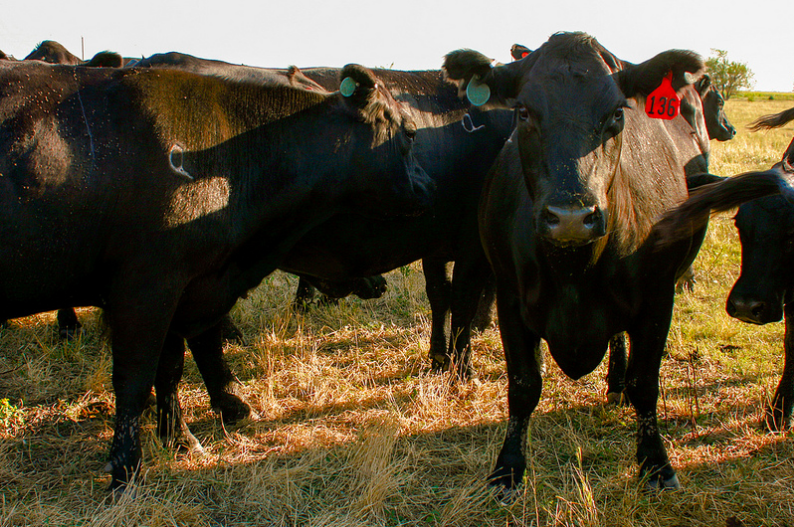New Way to Enjoy a Bloody Burger Without Worrying About Animals
By:
Science might be close to producing a solution to the carnivore's dilemma, and just in time for grilling season.
Biochemists and researchers at California-based Impossible Foods have produced burgers that (they claim) taste, smell, and even bleed like beef, but are totally meatless. The pioneering patties are expected to touch down in New York, San Francisco, and Los Angeles this summer, NPR reports.
Per NPR, Impossible Foods studied "meat at a molecular level to determine what makes a burger taste, smell and cook the way it does," with a belief that "everything from an animal's fat tissue to muscle cells can be replicated using plant compounds."
"The demand for meat is going through the roof, and the world is not going to be able to satisfy that using animals — there's just not enough space, not enough water," Patrick Brown, Impossible Foods' founder and CEO, told NPR's food blog, The Salt.
Other companies, such as Beyond Meat, have had success with faux meat burgers that seek to bring diners out of the Garden Burger dark ages. Their burger, which seeps beet juice when you cook it, quickly sold out when it hit the shelves of a Colorado Whole Foods.
Impossible Meat's researchers landed on their formula after discovering that they could harvest heme — a molecule found in red meat, which they say lends meat its meatiness — from a gene found in legume plants. The fattiness comes from the addition of coconut oil to the mixture, which also contains textured wheat and potato protein, according to The Salt.
 Flickr/United Soybean Board - flickr.com
Flickr/United Soybean Board - flickr.com
Meatless burgers — why?
The movement towards a more satisfying meatless burger comes as consumers are becoming more savvy to both the health concerns associated with eating red meat and the high greenhouse gas emissions produced by the beef industry.
The U.S. Department of Agriculture predicts that global meat production will increase by about one percent this year, or 612,000 tons. But a shift away from relying on beef for burgers could be substantial: according to Tim Benton, a professor at the University of Leeds, giving up beef could have a larger impact on reducing greenhouse gas emissions than giving up cars.
Pushback against these version 2.0 veggie burgers hasn't necessarily targeted the companies' products — rather, it's their mission of replacing meat with a "lateral equivalent" that, Modern Farmer's Dan Nosowitz argues, is a losing game. "Trying to convince people to leave meat behind by offering them a meat-like product is, I think, a doomed effort," he writes. "It has to be better."
Still, companies like Impossible Foods say they're close to nailing a down a burger equivalent close enough to actual meat that diners wouldn't know the difference. It's just a question of scale.
"Ultimately, we want it to be practical to produce enough of our product to match what's currently consumed in the U.S. or the world," Brown, the Impossible Burgers CEO, told The Salt.
